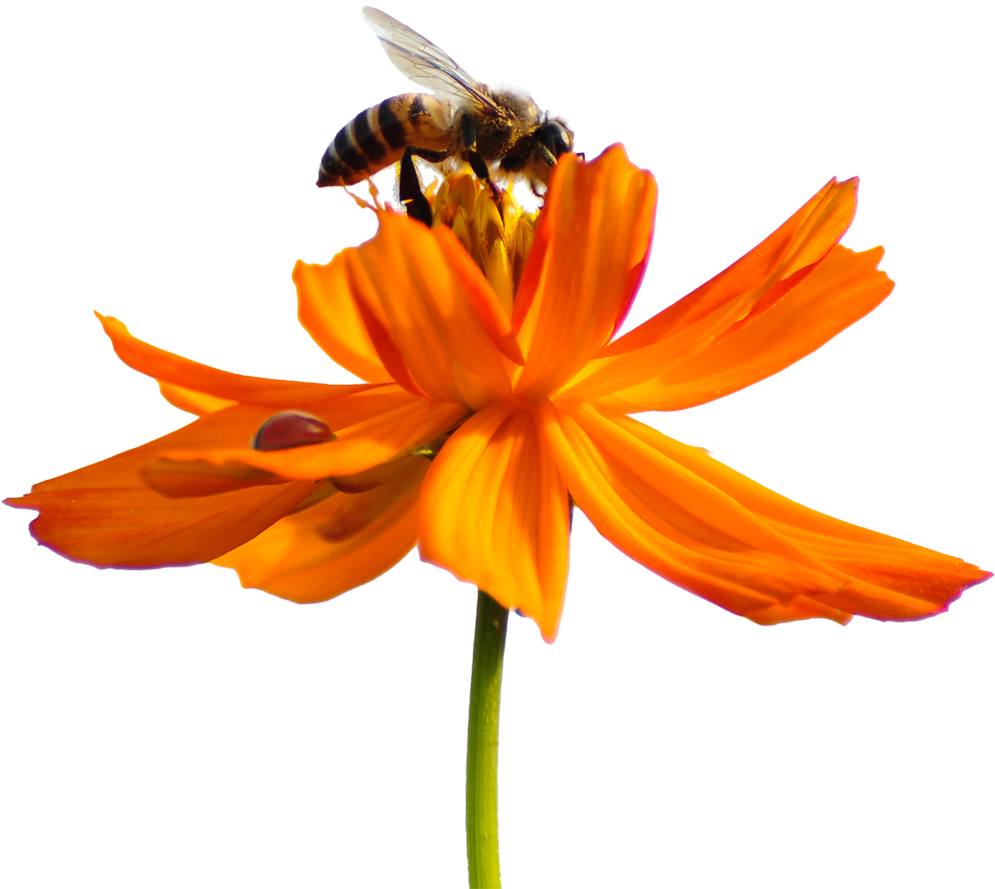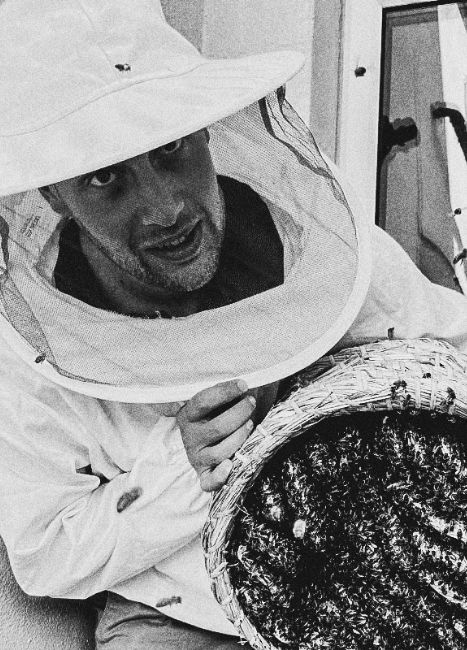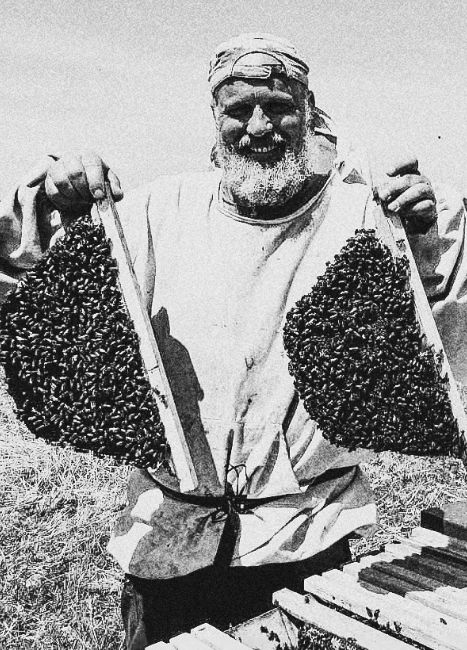We live if the bee lives
Humans' relationship with bees is vital
We live
if the bee
lives
Humans' relationship with bees is vital
We are all responsible for the problem. webee cannot change the fate of mankind but it can help.
Our mission,
our promise,
our commitment
webee exists to help protect and improve the well-being of bees. webee’s commitment intends to be concrete and tangible. Just as royalties are paid by companies to use the name of their coveted luxury brands, webee pays a kind of royalty to bees for their vital contribution to our existence.
For this reason webee allocates 10% of its turnover to fund actions that support the preservation of bees.

webee scientific panel
To select the projects to be funded,
webee relies on a Scientific Committee of three experts workingin international organisations dedicated
to the protection and preservation of bees.

Giacomo Ciriello

Paolo Fontana
Degree in Agricultural Science and Ph.D. in applied entomology at University of Padua. Has worked as entomologist at the University of Padua and presently at the Edmund Mach Foundation as apidologist. Principal fields of research are applied entomology, taxonomy and ecology of scale insects, taxonomy, biogeography, ecology and bioacoustics of the Orthopteroid insects, apidology and beekeeping. He has published about 350 papers. President of World Biodiversity Association (www.biodiversityassociation.org)

Joann Ly
Masters at Yale University, USA and Doctoral Degree at London School of Hygiene & Tropical Medicine, UK. Trained as an epidemiologist in understanding patterns of viruses and disease transmission. Experience in research, project management and implementation in Africa, Middle East and Europe since 2001. Currently working at POLLINIS (www.pollinis.org) directs the wild pollinator division to create and manage research with European and international scientists to improve the understanding of wild pollinators and their ecosystems.


